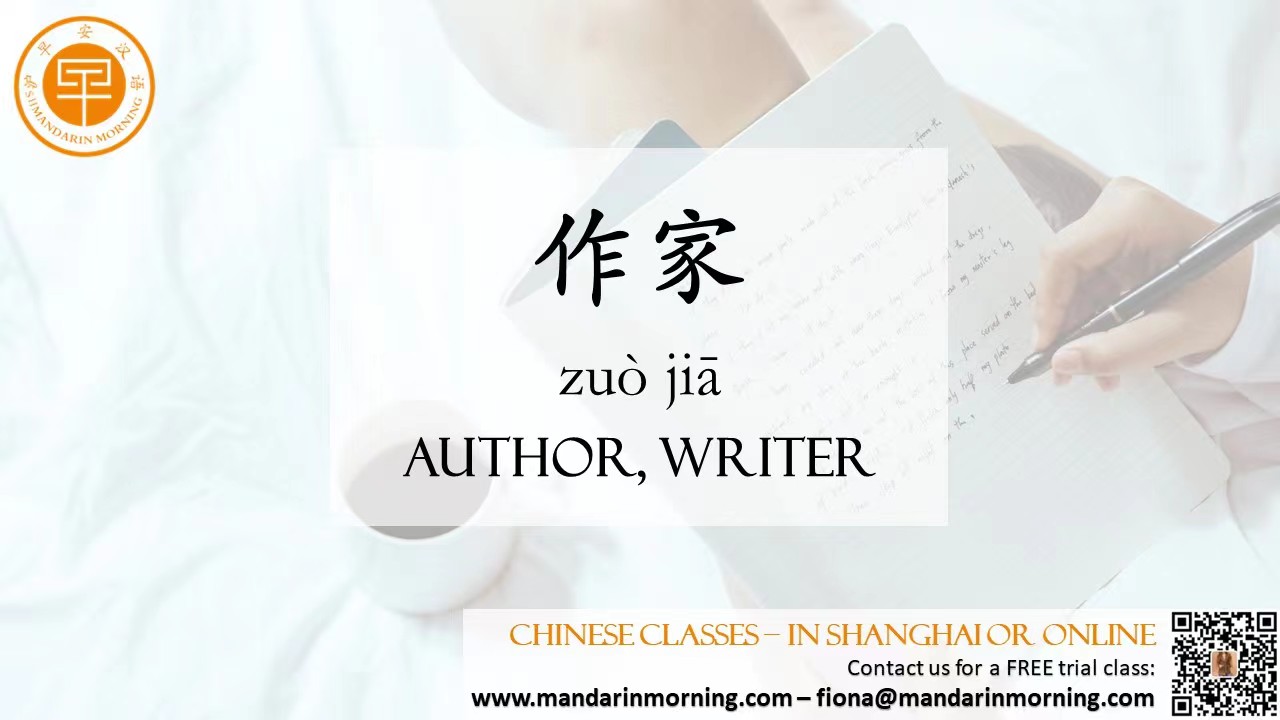As China emerged from countless centuries of dynastic rule and stepped into the 20th century, great societal and cultural changes shook the country. These sweeping changes were chronicled by the writers of the time. Lu Xun Lu Xun (鲁迅 Lǔ Xùn), who lived from 1881-1936, is one of the most well-known Chinese writers of the early 20th-century. Deeply affected by the vast socio-political changes that were happening in China during his lifetime, his writing can seem quite sophisticated, even today. Lu Xun wrote in both classical Chinese and in vernacular Chinese, employing his distinctive ironic and satirical style to compose works of fiction which were sharply critical of society at the time, such as The True Story of Ah Q (阿Q正传 Ā “Q” zhèngzhuàn). Zhang Ailing In addition to Lu Xun, another well-known representative of modern Chinese literature is Zhang Ailing (张爱玲 Zhāng Àilíng), also called Eileen Chang, who lived from 1920-1995. Her novels (小说 xiǎoshuō), which depict everyday life among upper-class families in Shanghai and Hong Kong in the 1940’s, frequent deal with difficult romantic relationships between men and women. Her works often feature declining aristocratic families with international ties such as her own. She is also known for exploring the social tensions that women experienced in a rapidly changing society. One of her most well-known works is Love in a Fallen City, which explores the tumultuous relationship between a Chinese divorcée and a foreign-educated bachelor during the Japanese invasion of Hong Kong. Qiang Zhongshu Students of modern Chinese literature should also be familiar with the writer Qiang Zhongshu (钱锺书 Qián Zhōngshū), who lived from 1910-1998. His most celebrated work is a satirical novel called Fortress Besieged about the various misadventures of a mediocre student who has just returned from abroad with a fake university degree. Qiang Zhongshu’s novel follows the student’s romantic exploits, starting with his attempts at courtship and ending with the breakup of his marriage. It takes its name from a French saying which can be translated as, “Marriage is like a fortress besieged. Those who are outside want to get in, and those who are inside want to get out.” Contemporary Chinese literature One especially notable contemporary Chinese writer who is still alive today is Mo Yan (莫言 Mòyán), born in 1955, who received the Nobel Prize for Literature. He is known for writing in a style that has been described as “hallucinatory realism.” Those looking for a lighter read could consider checking out works in the popular subgenre of Chinese fiction known as wuxia (武侠 or wǔxiá). These novels, which experienced a hayday from the 1960’s to the 1980’s, detail the chivalrous exploits of ancient Chinese martial arts heroes. Recently, Chinese science fiction writers have also been gaining increasing attention thanks to the success of The Three Body Problem (三体 Sāntǐ), the first book in the Remembrance of Earth’s Past trilogy by Liu Cixin (刘慈欣 Liú Cíxīn), born in 1963. |